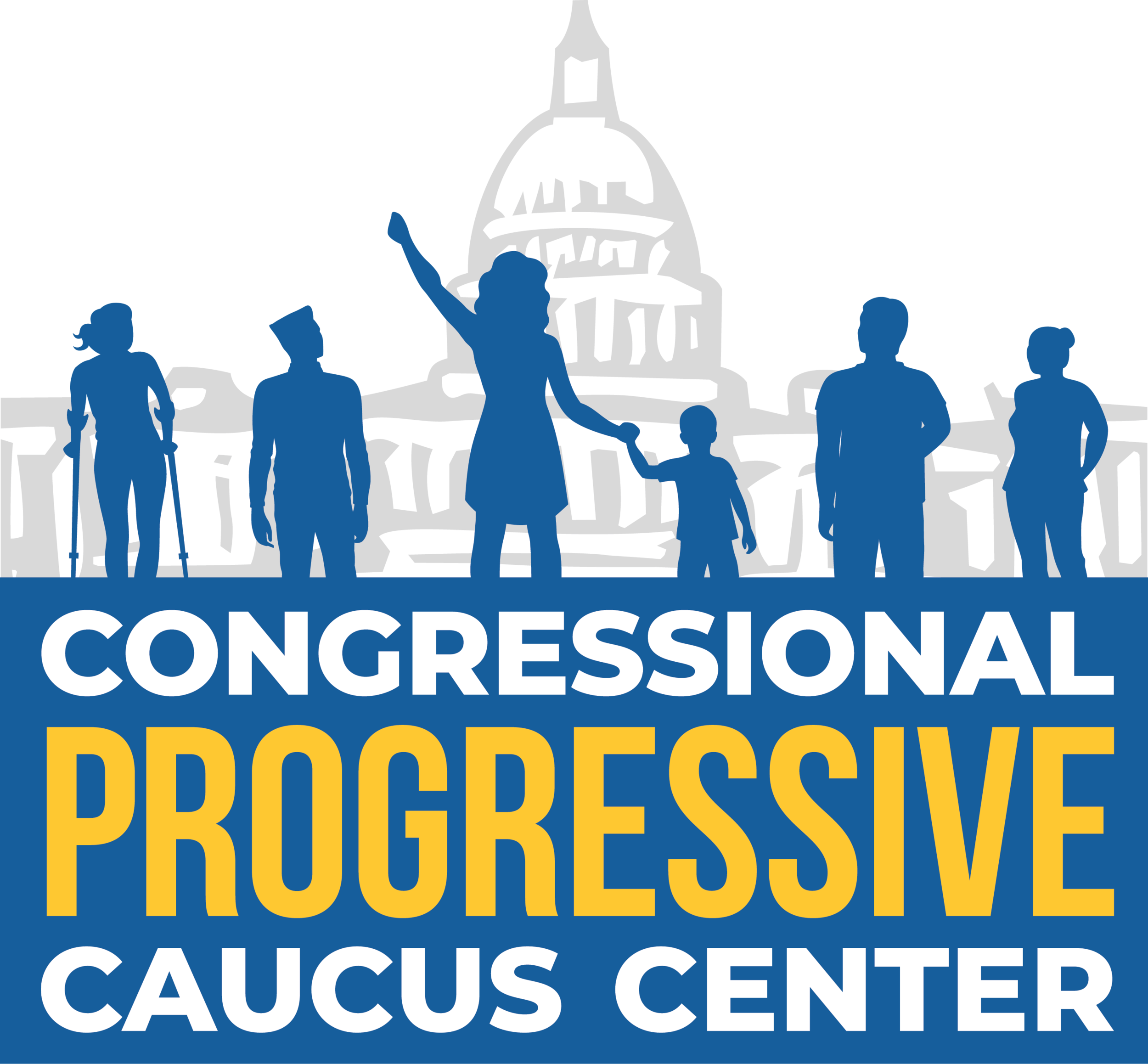May 7, 2025: House Republicans’ plans to cut Medicaid and SNAP, explained
Good afternoon, all,
Next week is expected to bring the most contentious committee meetings around Republicans’ megabill to widen corporate tax loopholes and defund Medicaid and SNAP. Below, we’ll run through where things stand to-date and the key proposals to look out for in the coming days.
If you need a refresher on the GOP’s top priorities, check out our past updates. For an overview on the reconciliation process Republicans are using to fast-track those priorities, see The Basics of Budget Reconciliation. If you need a quick rundown on committee markups and their significance, check out our April 21 update.
What does the GOP megabill look like so far?
The table below describes the relevant House committees’ directives for crafting their portions of this megabill, the status of those committees’ meetings to vote on their respective portions (a.k.a., markups), and some of the policies committees have agreed on—almost always by party-line votes—to achieve their targets for spending or slashing federal funding.
ICYMI, we covered these markups in more detail in our April 30 and May 5 updates.
Sources:
Republicans might unveil the most contentious parts of their megabill soon
The three committees that have yet to unveil their portions of this legislative package cover some of the most divisive issues:
The Agriculture Committee will cover cuts to the Supplemental Nutrition Assistance Program (SNAP), better known as food stamps;
The Energy and Commerce Committee will cover cuts to Medicaid; and
The Ways and Means Committee will cover tax breaks for corporations and the wealthy.
As a reminder: GOP plans to renew the corporate-friendly tax policies from the first Trump administration will be extremely costly. To achieve this goal, and comply with the wonky rules of the reconciliation process Republicans are using to advance their agenda without Democratic support, and keep GOP deficit hardliners happy, those tax policies must be paired with massive cuts.
Accordingly, Republicans have instructed the committees with jurisdiction over Medicaid and SNAP (Energy and Commerce and Agriculture, respectively) to slash over a trillion dollars—effectively, trading health care and food aid for corporate tax breaks.
While these committees’ markups had been expected this week, Republicans delayed them due to intra-GOP disagreements over cutting Medicaid and SNAP.
Stakeholders anticipate that these committees will vote on their respective proposals next week (the week of May 12)—meaning, committees’ Republican leaders will have to unveil their proposals in detail in the coming days. We’ll get into what those could look like—and their implications—below.
House Republicans’ plans to cut Medicaid and SNAP, explained
The table below summarizes some of the proposals reportedly on the table to cut Medicaid and SNAP and their anticipated impacts on the American people. Notably, these proposals would result in millions losing their health care coverage and food assistance.
Note: this table reflects reporting as of May 7. There’s been a ton of back and forth among GOP members regarding how to slash that $1 trillion-plus from Medicaid and SNAP, and there will undoubtedly be more in the coming days—so, please keep that in mind if you’re reading this post-May 7!
Sources:
"5 Facts About Medicaid Work Requirements" (Center for American Progress)
"Medicaid Work Requirements Could Put 3.6 Million People at Risk of Losing Health Coverage" (Center on Budget and Policy Priorities)
"SNAP Is Linked With Improved Health Outcomes and Lower Health Care Costs" (Center on Budget and Policy Priorities)
"Worsening SNAP’s Harsh Work Requirement Would Take Food Assistance Away" (Center on Budget and Policy Priorities)
"SNAP and Medicaid Work Requirements" (Economic Policy Institute)
"House Republicans Propose Tighter SNAP Work Rules" (Politico)
"May 7, 2025 AM Edition" (Punchbowl News)
"Thrifty Food Plan, 2021" (USDA)
"Thrifty Food Plan and SNAP" (USDA)
"Agriculture Improvement Act of 2018 (PDF)" (U.S. Government Publishing Office)
"Letter from Senators Wyden and Pallone on Medicaid Work Requirements (PDF)" (U.S. Senate Committee on Finance)
"House Republicans Eye SNAP Cuts to Offset Trump Tax Bill" (Washington Post)
These proposals’ prognoses
As we’ve covered previously, Republicans in Congress have considerable intra-party disagreements regarding their legislative agenda. In a nutshell: House Republicans want to make deeper cuts and spend less than the Senate does. Even among House Republicans, there are members who want to see even deeper Medicaid and SNAP cuts than the ones described above.
In the coming weeks, we’ll learn whether House Republicans can coalesce around a set of proposals enough to pass a legislative package—and, if they can, whether the Senate GOP will even consider that package. House Republicans will really want to avoid voting for something massively unpopular—like Medicaid cuts—only to see it dismissed by the Senate. We’ll keep you posted on how things look on that front in the weeks ahead.



